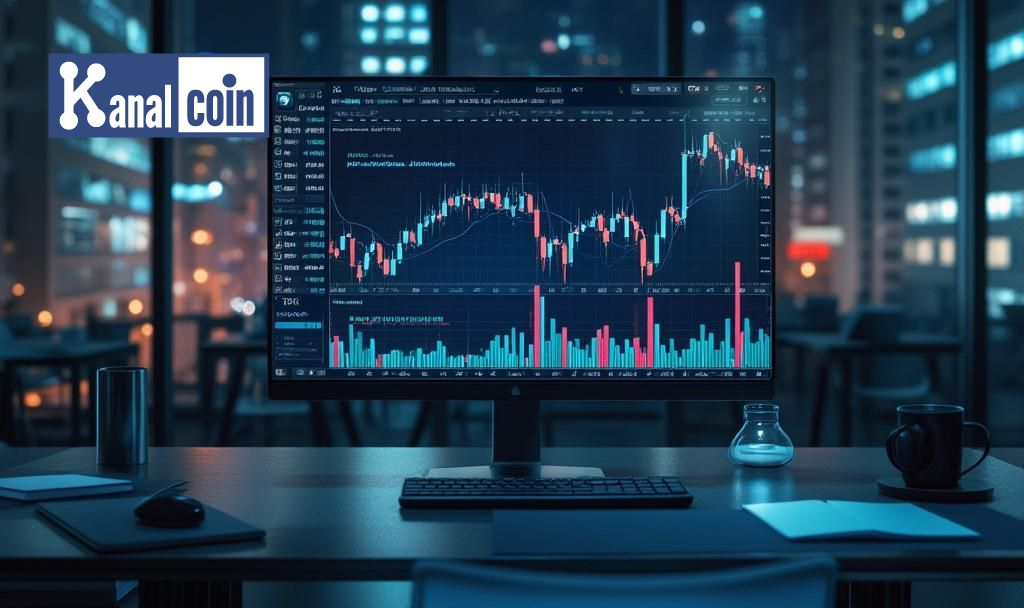
On May 31, 2025, BlackRock’s iShares Bitcoin Trust (IBIT) experienced a $430 million outflow, marking the end of a 34-day streak of continuous inflows.
This event has sparked discussions on the influence of major ETFs on Bitcoin’s market dynamics and investor sentiment.
BlackRock ETF’s $430 Million Outflow Ends Inflow Streak
BlackRock’s IBIT has been a leader since its launch, successfully building substantial market presence. The ETF’s 34-day inflow streak ended abruptly, resulting in a $430 million outflow, the largest since inception. JPMorgan reports on Bitcoin ETF outflows after inflow streak.
BlackRock, headed by CEO Larry Fink, oversees IBIT. The ETF grew to nearly $70 billion in assets due to consistent inflows but faced a significant shift with the latest outflow.
Bitcoin Prices React to BlackRock Withdrawal
The withdrawal led to immediate downward pressure on Bitcoin prices. This pattern highlights the sensitivity of cryptocurrency markets to ETF inflows and outflows, driving significant price movements. Experts anticipate potential financial impacts as institutional trends shift. The historical similarities with prior ETF outflows signal potential volatility, crucial for investors monitoring crypto asset dynamics.
Nate Geraci, President, ETF Store, noted, “iShares Bitcoin ETF no outflows streak comes to an end…$400+mil exits fund. What a run over past 30+ days though. IBIT now pushing $70bil in assets < 17 months since launch”.
Comparing Recent Outflow to Grayscale’s 2024 Event
Similar outflow events during Grayscale’s GBTC earlier in 2024 initiated price corrections. This further evidences the market’s response to institutional actions in the cryptocurrency sector. Experts suggest this outflow could indicate changing institutional sentiment. Data shows ETF flows correlate with Bitcoin’s market trends, warranting close analysis by stakeholders.
| Disclaimer: This website provides information only and is not financial advice. Cryptocurrency investments are risky. We do not guarantee accuracy and are not liable for losses. Conduct your own research before investing. |

